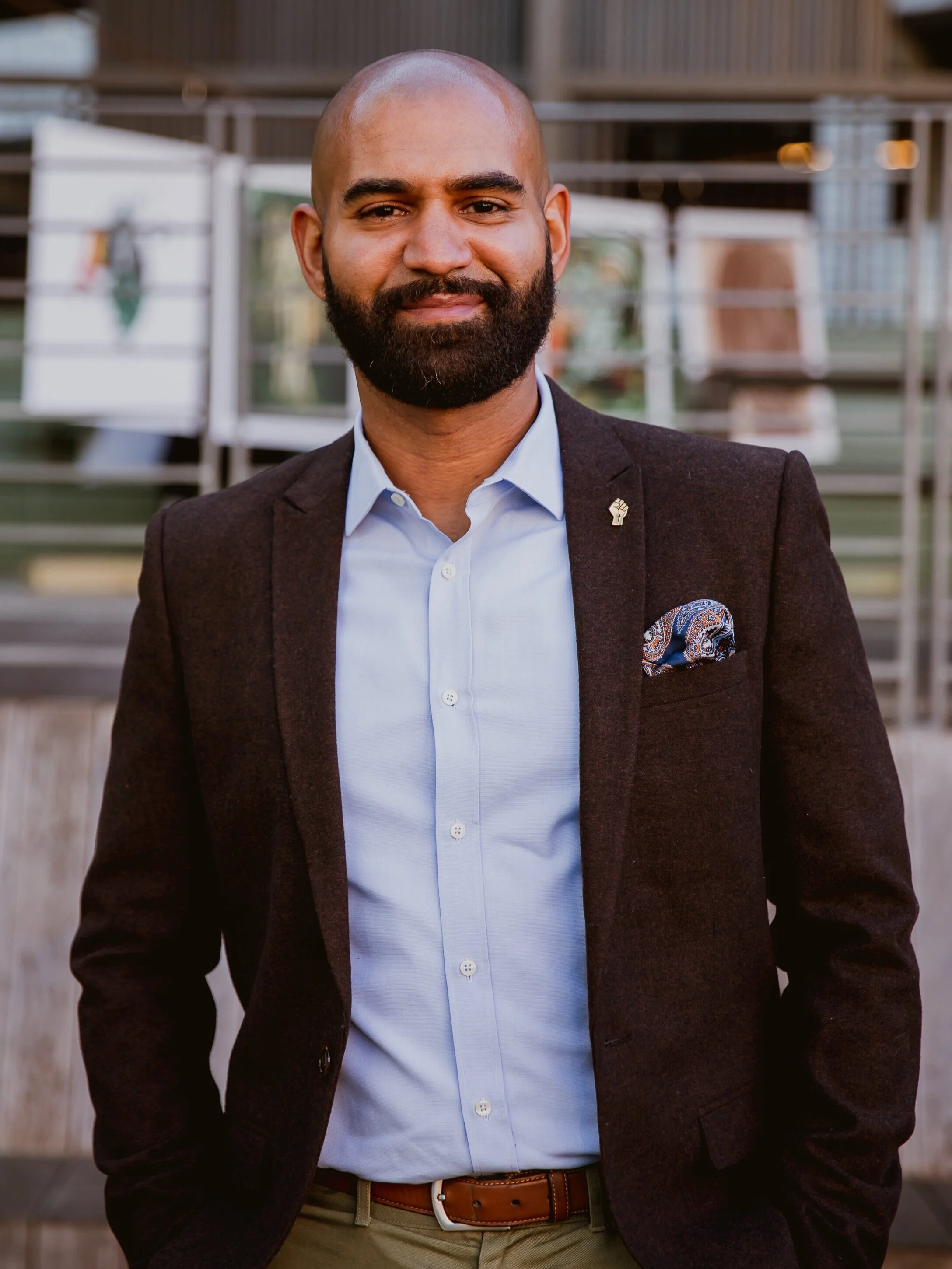Joseph Edelin
(He/Him/His)
jedelin (at) nationalequityproject.org
Senior Equity Leadership Consultant
Joseph Edelin joined the National Equity Project in July of 2021, after 19 years working as a public school educator in the Houston and Atlanta areas. Mr. Edelin has a passion for African centered pedagogy, culturally responsive teaching, and educational practices that lead to the liberation of oppressed people.
Joseph was born and raised in Brookline, Massachusetts, and in 1998 moved to Atlanta, Georgia to attend Morehouse College. After graduating from Morehouse in 2002 with a degree in history and African American studies, he joined Teach for America and moved to Houston, Texas to embark on his journey as a classroom educator teaching 6th grade social studies. While in Houston, Joseph earned his Master’s in Education from the University of St. Thomas with a concentration in Instructional Planning and Design.
In 2005, Joseph moved back to Atlanta to work for the Knowledge is Power Program (KIPP) as a 7th grade social studies teacher where he designed and implemented a culturally responsive curriculum for his school to address the learning needs of his students. In 2011, Joseph left the classroom to help found the first KIPP high school in Atlanta as its Assistant Principal.
After returning to the classroom in 2015 to continue teaching middle school social studies, Joseph founded Project Ujima, an educational consulting company whose mission is to provide culturally responsive workshops and resources to districts, schools, and teachers in order for their students to live a life of freedom and self-determination.
Joseph is also the author of two books: Through Our Own Eyes: A Journey Into African American History; and Through Our Own Eyes: A Celebration of Black Women in History. Both are workbooks aimed at helping educators incorporate the contributions and accomplishments of people of African descent to global history in their classroom curricula.
Joseph has dedicated his career to ensuring that black students are given the tools they need to secure their own freedom, through instruction that allows them to see themselves, their history, and their future in their education.

